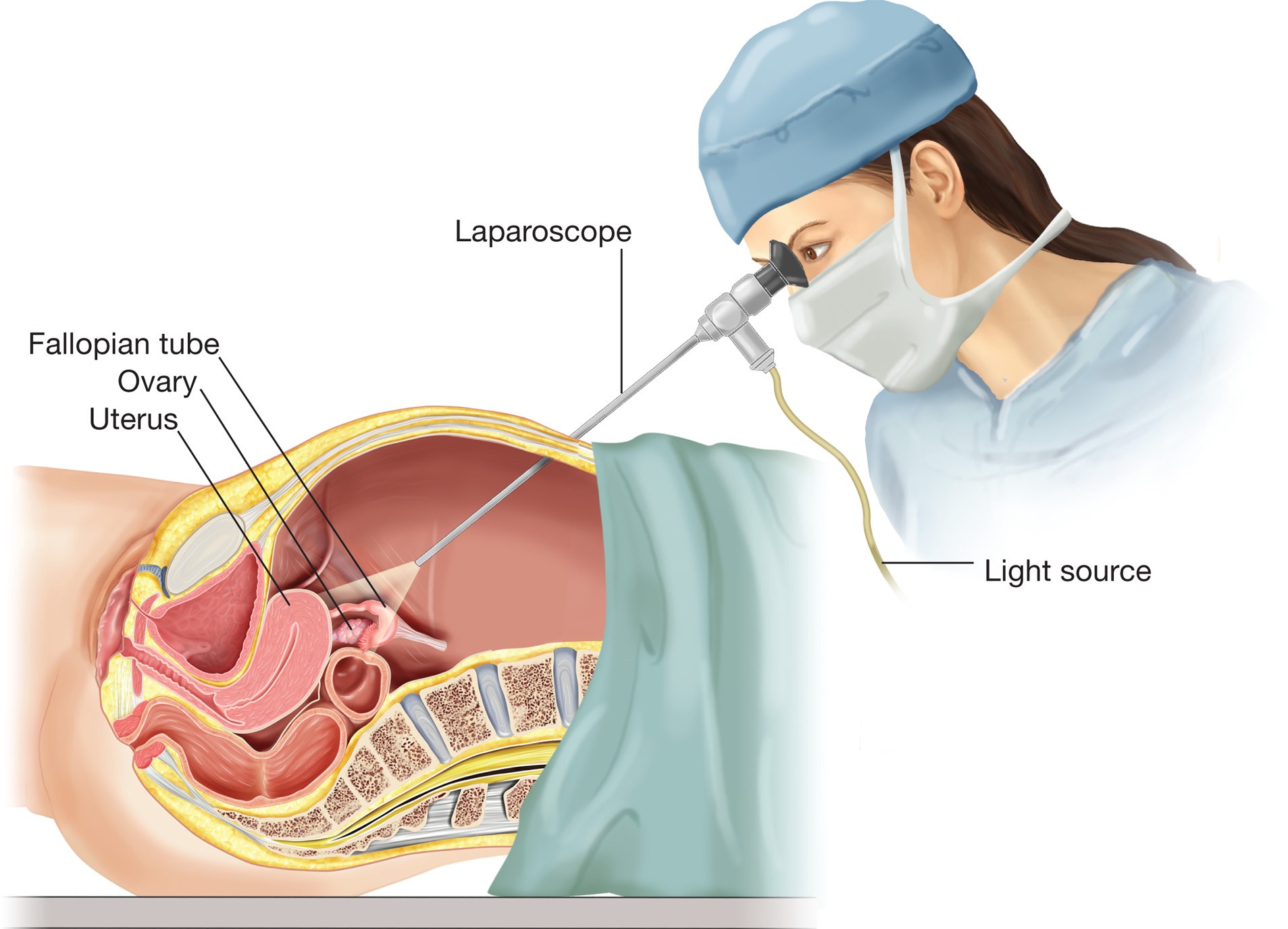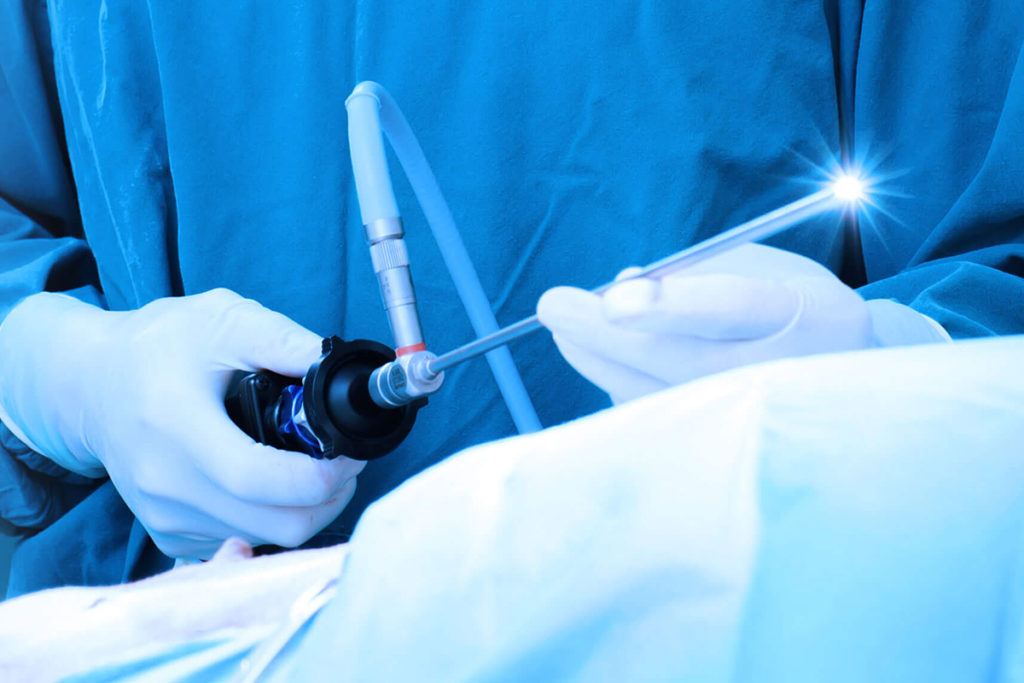What you need to know about Diagnostic Laparoscopy Procedure Description
Contents
- 1 What you need to know about Diagnostic Laparoscopy Procedure Description
- 2 What does the Procedure Involve?
- 3 How Long Should You Stay in the Country?
- 4 What’s the Recovery Time Like?
- 5 What Aftercare Should You Consider?
- 6 What is the Success Rate for Diagnostic Laparoscopy?
- 7 Are there Alternatives to Diagnostic Laparoscopy?
- 8 What Should You Expect Before and After the Procedure?
Diagnostic laparoscopy is a surgical procedure performed to diagnose or examine the organs inside the abdomen. It is minimally invasive, low risk, and requires small incisions. The procedure allows doctors to see inside the patient’s body without open surgery. Doctors can also obtain biopsy samples during a diagnostic laparoscopy.
What does the Procedure Involve?
Laparoscopy is normally performed under general anesthetic, meaning you will be asleep and will not feel any pain. Your surgeon makes a small incision on your abdomen to insert a cannula, which is a small tube used to inflate your abdomen with carbon dioxide gas. The gas allows your surgeon to see your abdominal organs clearly. Then, your surgeon inserts the laparoscope – a flexible tube with a light and a tiny camera attached to its end. The laparoscope allows your doctor to see your organ in real-time.

How Long Should You Stay in the Country?
Laparoscopy is usually done as an outpatient procedure, which means you can leave the hospital a few hours after the procedure. In some cases, you will need to stay in the hospital overnight and to stay in the local area for at least three days after the procedure.
What’s the Recovery Time Like?
During the first few days, you will feel some discomfort and pain. However, you may be able to return to all your normal activities within a week after the procedure.
What Aftercare Should You Consider?
As soon as you can, begin light activity to reduce the risk of blood clots, but avoid strenuous exercises. You may also need to get more sleep than you normally do. Your doctor will give you instructions regarding your diet and caring for the wounds. You will have a follow-up appointment with your local doctor to go over the result.
What is the Success Rate for Diagnostic Laparoscopy?
Diagnostic laparoscopy has a high success rate, ranging between 90% to 100%. The side effects and risks include bleeding, damage to organs, and infection, but that is very rare.
Are there Alternatives to Diagnostic Laparoscopy?
In many cases, you can undergo non-invasive methods to diagnose your abdominal problems. These non-invasive methods include ultrasound, MRI scan, and CT scan. However, when all of these tests do not provide enough information, your alternative is to undergo exploratory laparotomy, which is an open surgery that carries a higher risk than diagnostic laparoscopy.
What Should You Expect Before and After the Procedure?
Diagnostic laparoscopy provides information about your abdominal problems. Therefore, after a diagnostic laparoscopy, you will know what is causing your abdominal pain, and your doctor can take further steps to treat your condition.
For an in-depth analysis of a Diagnostic Laparoscopy Procedure, watch this short video.
To check prices or to book a Diagnostic Laparoscopy Procedure in Thailand or anywhere else in the world, head on over to MyMediTravel now!

